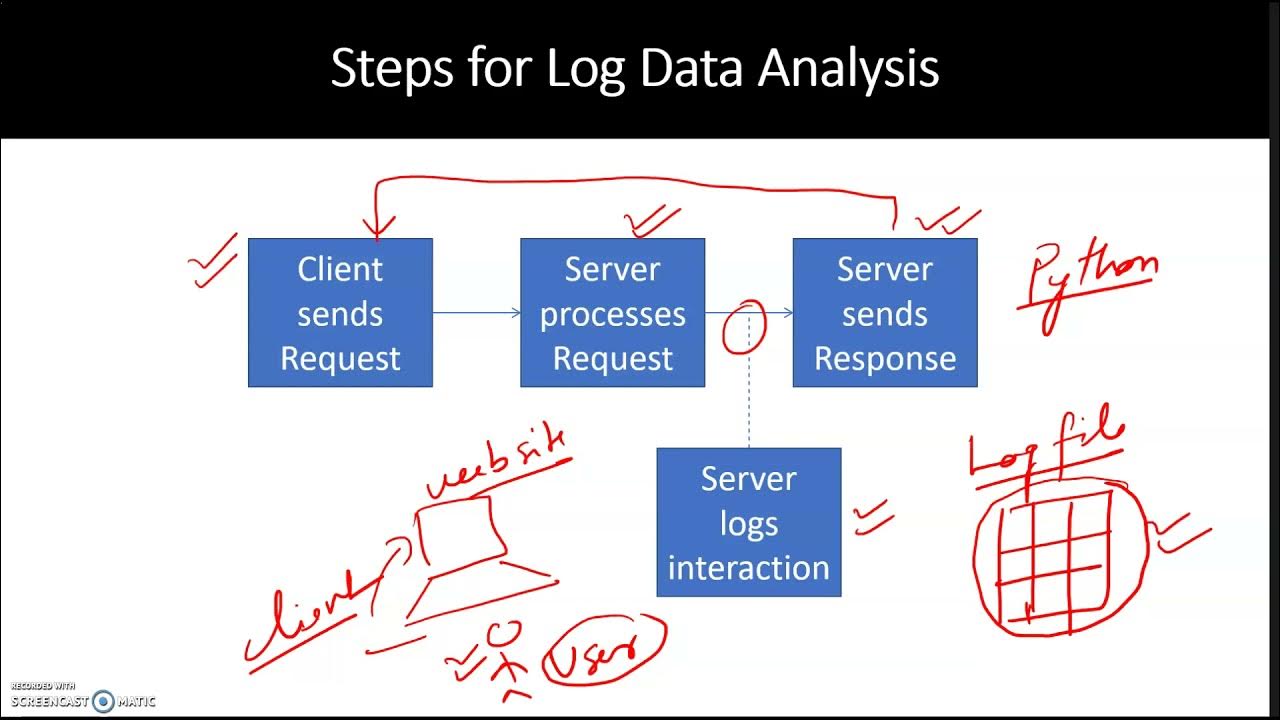PBD - Latar Belakang Perencanaan Berbasis Data
Summary
TLDRThe video script discusses the importance of data-driven decision-making in improving educational quality. It highlights the story of Bu Rina and Pak Ali, emphasizing the need to identify the root causes of issues rather than relying on assumptions. The script advocates for a comprehensive planning process, known as PBD (Planning Based on Data), which involves identifying problems, exploring alternatives, and making informed decisions to enhance learning quality. It suggests that increasing the collection of books in a school library is not the sole solution to improving literacy; instead, it calls for a holistic approach, including teacher capacity building, literacy assessments, and strengthening the role of the library through various literacy activities.
Takeaways
- 📚 The importance of changing the mindset in educational planning from assumptions to data-driven decisions is emphasized.
- 🔍 The script discusses the ineffectiveness of planning without accurate data, which may not address the root cause of problems like low literacy skills.
- 🏫 It highlights that merely increasing the number of books in schools does not necessarily improve students' literacy skills, indicating underlying issues.
- 🤔 The need for schools to identify the root causes of problems, such as low literacy, rather than just addressing symptoms is pointed out.
- 🛠️ PBD (Performance-Based Development) is introduced as a comprehensive and continuous planning process that starts with identifying problems and finding solutions.
- 🎯 The goal of PBD is to make informed decisions to improve the quality of learning in educational units, based on accurate data and facts.
- 📈 PBD encourages educational units to move from making decisions based on assumptions to basing them on data and facts.
- 👩🏫 The example of Bu Rina shows that literacy skills are not solely dependent on the number of books in the library but are influenced by other factors.
- 💡 The script suggests that instead of just increasing the book collection, what might be needed is improving teacher capacity, implementing literacy assessments, or strengthening the role of the library.
- 🤝 PBD promotes making decisions based on existing data and involving various stakeholders, ensuring a holistic approach to educational planning.
- 📝 The planning process should not just be about listing activities or adding facilities without meaningful consideration, but should be data-informed and inclusive.
Q & A
What is the main challenge discussed in the video script regarding education quality improvement?
-The main challenge discussed is the ineffectiveness of planning educational programs without accurate data, which does not truly address the root problems, such as low literacy skills.
Why might the increase in the number of books in a school's library not lead to a significant improvement in students' literacy skills?
-The script suggests that low literacy skills might not be solely due to the number of books available in the school library, indicating that there could be other influencing factors.
What does PBD stand for, and what is its purpose in educational planning?
-PBD stands for 'Perencanaan Berbasis Data' or 'Data-Based Planning'. Its purpose is to guide educational institutions to make decisions based on data and facts rather than assumptions, aiming to improve the quality of learning.
How does PBD encourage a shift in decision-making habits in educational institutions?
-PBD encourages a shift from making decisions based on assumptions to basing them on data and facts, promoting a more holistic and accurate approach to identifying and addressing educational issues.
What is the role of involving various stakeholders in the PBD process?
-Involving various stakeholders in the PBD process ensures that diverse perspectives are considered, leading to more comprehensive and effective educational planning.
Why is it important for educational institutions to make decisions based on relevant data?
-Making decisions based on relevant data helps educational institutions to identify the actual problems, allocate resources effectively, and implement targeted activities that can lead to meaningful improvements in education quality.
What does the script imply about the role of teachers in improving literacy skills?
-The script implies that enhancing teachers' capacity, possibly through training and professional development, is crucial for improving students' literacy skills.
How can the implementation of literacy assessments contribute to improving literacy skills?
-Literacy assessments can help identify the specific areas where students need improvement, allowing educators to tailor their teaching methods and interventions to address those needs effectively.
What is the significance of strengthening the role of the library in educational institutions?
-Strengthening the role of the library through various literacy activities can provide students with a richer learning environment, promote a culture of reading, and support the development of literacy skills.
What does the script suggest as an alternative to simply increasing the book collection in a school's library?
-Instead of just increasing the book collection, the script suggests that improving teacher capacity, implementing literacy assessments, and enhancing the role of the library through various activities might be more effective strategies to improve literacy skills.
How does the script illustrate the importance of a holistic approach in educational planning?
-The script illustrates the importance of a holistic approach by showing how a comprehensive data-based planning process can help educational institutions identify multiple areas for improvement and make more informed decisions.
Outlines

This section is available to paid users only. Please upgrade to access this part.
Upgrade NowMindmap

This section is available to paid users only. Please upgrade to access this part.
Upgrade NowKeywords

This section is available to paid users only. Please upgrade to access this part.
Upgrade NowHighlights

This section is available to paid users only. Please upgrade to access this part.
Upgrade NowTranscripts

This section is available to paid users only. Please upgrade to access this part.
Upgrade NowBrowse More Related Video

Tugas AKMEN kelompok 7 BIAYA KUALITAS DAN PRODUKTIFITAS PENGUKURAN ,PELAPORAN DAN PENGENDALIAN

Management Information System - A-Z of business terminology

Amit Walia, Informatica | Informatica World 2024

What is Total Quality Management - TQM

Data Analysis Processing Web Log Data

Topik 5 : Data Science yang berkaitan dengan pengambilan keputusan
5.0 / 5 (0 votes)